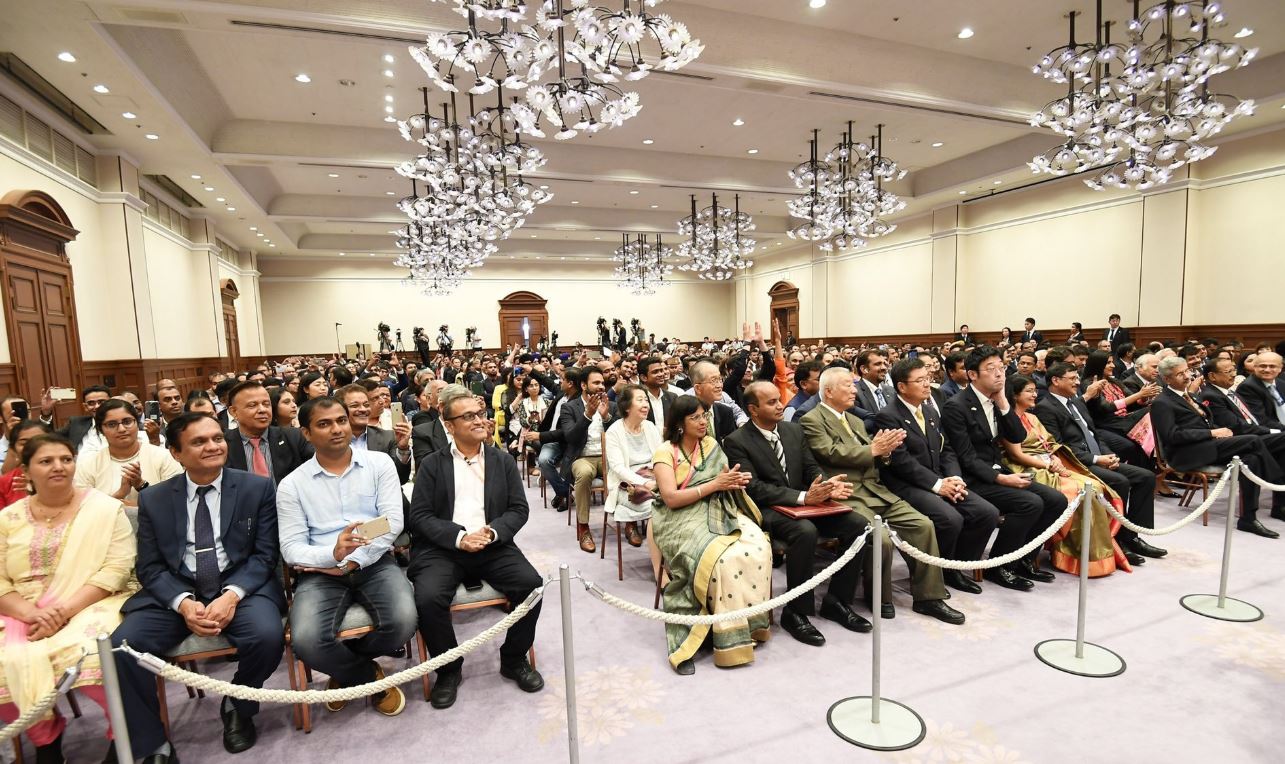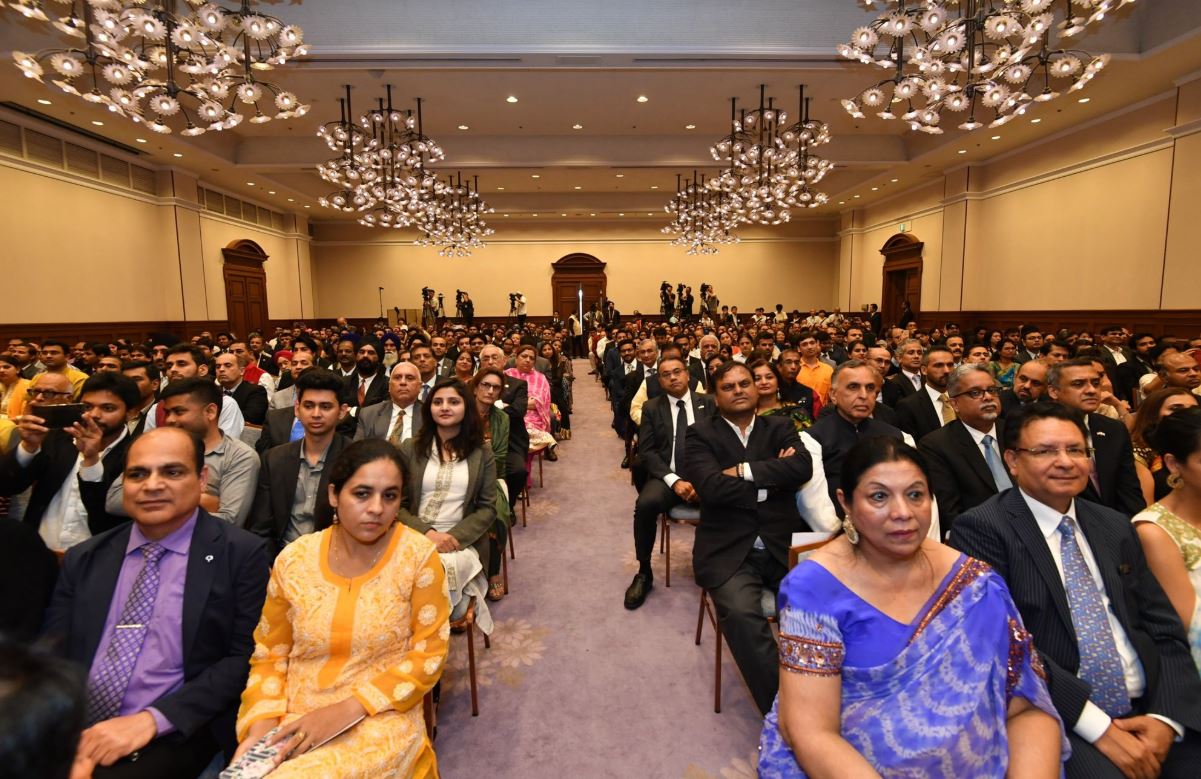नई दिल्ली/ न्यूयॉर्क: भारत 2019 में 1.75 करोड़ की प्रवासी आबादी के साथ अंतरराष्ट्रीय प्रवासियों के मामले में सबसे ऊपर था. संयुक्त राष्ट्र की ओर से जारी नये अनुमान में यह आंकड़े दिए गए हैं जिसमें कहा गया है कि वैश्विक प्रवासियों की संख्या करीब 27.2 करोड़ पर पहुंच गई.
संयुक्त राष्ट्र के आर्थिक एवं सामाजिक कार्य विभाग के आबादी प्रभाग की ओर से मंगलवार को जारी आंकड़ा संकलन 'द इंटरनेशनल माइग्रेंट स्टॉक 2019' में अंतरराष्ट्रीय प्रवासियों की उम्रवार, लिंगवार और मूल देश तथा विश्व के सभी हिस्सों के आधार पर संख्या बताई गई है.

रिपोर्ट में कहा गया कि शीर्ष 10 मूल देशों के प्रवासी सभी अंतरराष्ट्रीय प्रवासियों का एक तिहाई हैं. 2019 में, विदेशों में रहने वाले 1.75 करोड़ लोगों के साथ प्रवासियों की संख्या के मामले में भारत शीर्ष पर था.

इसके बाद दूसरे पायदान पर मेक्सिको (1.18 करोड़), तीसरे पर चीन (1.07 करोड़) फिर रूस (1.05 करोड़), सीरिया (82 लाख), बांग्लादेश (78 लाख), पाकिस्तान (63 लाख), यूक्रेन (59 लाख), फिलीपीन (54 लाख) और अफगानिस्तान (51 लाख) थे.

भारत ने 2019 में 51 लाख अंतरराष्ट्रीय प्रवासियों को देश में जगह दी. हालांकि, यह 2015 के 52 लाख से कम था.

अंतरराष्ट्रीय प्रवासियों को अपने यहां जगह देने वाले देशों में सबसे ऊपर यूरोप और उत्तरी अमेरिका हैं.

रिपोर्ट में पाया गया कि 2019 में यूरोप में 8.2 करोड़ और उत्तरी अमेरिका में 5.9 करोड़ प्रवासी रह रहे थे.

पढ़ें: मोदी सरकार का तोहफाः रेल कर्मचारियों को 78 दिनों का बोनस
साथ ही इसमें पाया गया कि 2010 के मुकाबले 2019 में प्रवासियों की संख्या 5.1 करोड़ हो गई जो 23 प्रतिशत की वृद्धि दिखाती है.



